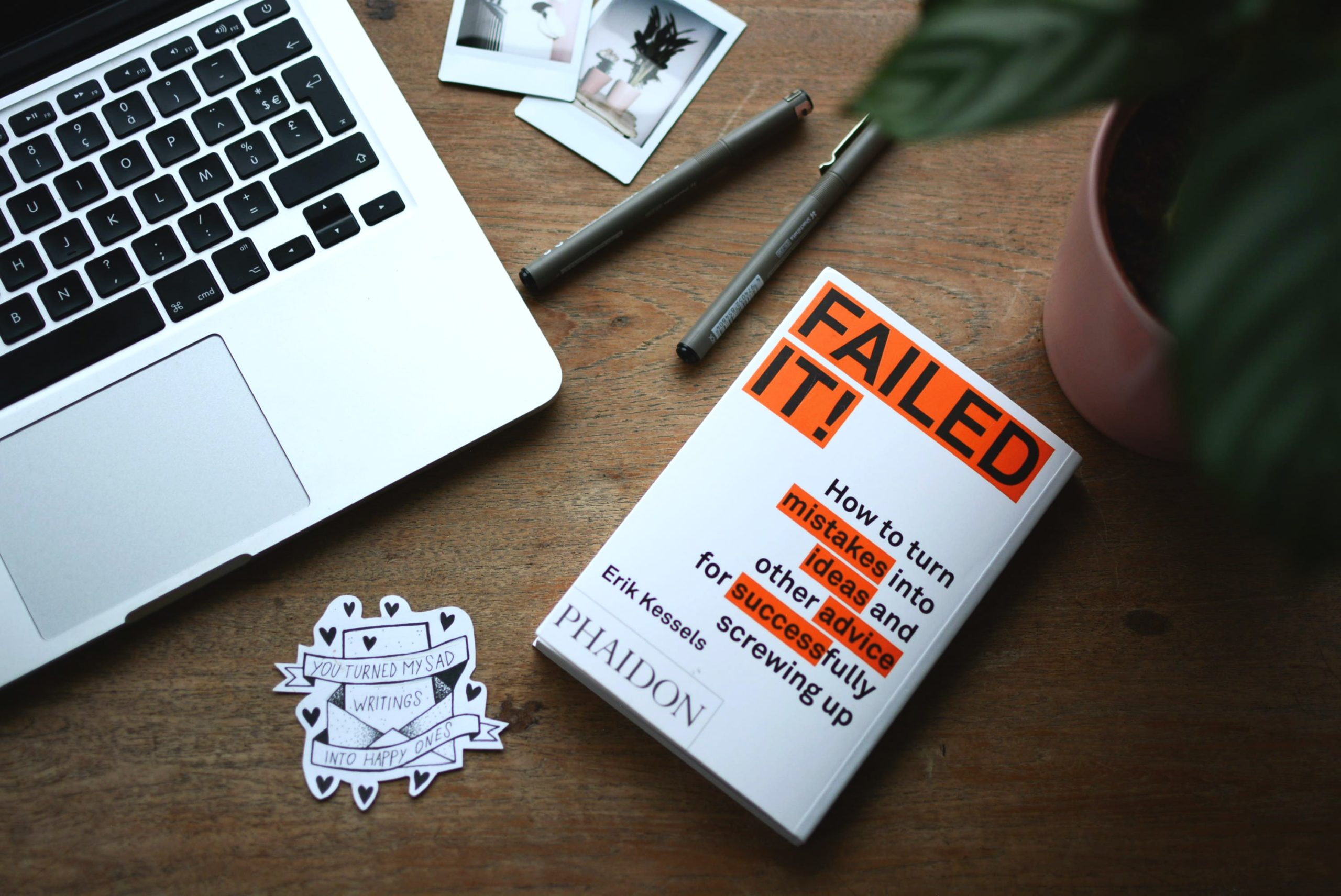
Writing Effective Headers for Individual Emails
When your potential customer or client opens their email, they will scan the email headers. Make sure yours attracts their attention.
Keep your header short (35 characters or under so they can be easily read on a mobile phone). Lead with the most important point. Don’t use CAPS. Be specific.
You will typically write emails to request or offer a favor to someone you don’t know but with whom you’re interested in having a collaboration or partnership. These could also include job applications, emails to co-workers, and messages to businesses such as your accounting firm, lawyers, and those with whom you have other business relationships.
The Initial Approach: Be Specific
One of the most annoying approaches I see in email headlines is one that is vague.
A bad headline approach is “Hey, do you have a moment?” No, I don’t know you. I have 50 emails in my inbox, and if this is the best headline you can write, I only have the second it will take to delete your message.
Even worse is “Do you have a quick moment?” No, I have a slow one, but it’s already reserved.
“I have an interesting idea.” This is a good example of why “show” is much more powerful than “tell.” “Interesting” is not an interesting word.
“I would like to promote your book/business/website.” This is tricky because lots of scammers say this in their email headers. However, this approach has a somewhat better chance of getting an email opened. Make sure that your offer gets spelled out clearly in the first sentence of the body of the email.
You will get even more opens if you write something like “I read your book and I loved it.” No author can resist. You can modify this approach by writing, “I spent a lot of time on your website.” If you prove it by mentioning specific details you liked, you can have an even better result.
Make a Reference to a Mutual Acquaintance
If Martin X, who likes your work (whatever it is) says, “Why don’t you email Maureen Z? I think you two could collaborate well,” you have an opening. If possible, you will want to ask him to email or call Maureen Z with the same message. If that’s not possible, use Martin’s name in your headline.
“Martin X suggested that I email you.” Spell out why in the first sentence of the body of the message.
The Cold Email
This is analogous to the cold call to get business. Make it clear that this isn’t a mass emailing by specifying the name of the company and, if you have a referring name, use it. Also, use a contact name from the company you’re calling if you have one.
“I can help ABL have an expanded reach in the small business community.”
“Jim V of DataReach suggested that I contact you.”
Occasionally, a headline like this may exceed the recommended 35-character length. In that event, get your most important information in at the beginning.
The Follow-up Email
If the email is a follow-up to a face-to-face or phone conversation you had, refer to this briefly in the headline.
“Regarding our meeting July 15”
“Information you requested about my business expenses”
“Operation Make a Date follow-up”
For All Individualized Emails
If the subject matter is time-sensitive, say so in the headline.
“Please reply by Friday, March 3.”
This doesn’t mean that they will, especially if they don’t know you, but if they do, you have a far better chance of jumping the email queue.
Don’t write an incomplete headline, like “Can You Answer This Question . . .” and continue in the body of the email with “about best email practices?” Don’t force people to open your email. They won’t like that for good reasons. You’re not showing respect for their time, and if you blow it with an email, they imagine what you must be like in real life.
If you have a question for the email recipient, put it in the last line of the email so the reader won’t overlook It.
Would A Phone Call Serve You Better?
Always consider this possibility. We grow addicted to the ease and speed of email, but sometimes you have a better result if you pick up the phone and speak directly to the individual. This may not be appropriate with someone you don’t know, but if you do, you may find that the personal contact may serve you well.
Pat Iyer is a C-Suite Network Contributor, one of the original 100 people to join the network 3 years ago. Business professionals hire her as a ghostwriter and editor to help them shine without having to do the work of writing. Contact her at patiyer.com.
Pat built a service business assisting attorneys with cases involving medical issues. After growing that business to a multi-million dollar one, after 25 years, she sold it in 2015 and now devotes her time to mentoring, writing and editing. Get tips for polishing your writing style and gaining business through the material you write: Listen to Writing to Get Business Podcast on the C Suite Radio platform.
Reach her through Patiyer.com|Do you have an amazing business success you want to share? Pat Iyer has worked with experts helping them share their knowledge since she first began writing and editing books in 1985. Pat Iyer has written or edited over 800 chapters, books, case studies, articles or online courses. She delights in assisting people to share their expertise by writing a book. Pat serves as a developmental editor and ghostwriter.
Pat built a service business assisting attorneys with cases involving medical issues. After growing that business to a multi-million dollar one, after 25 years, she sold it in 2015 and now devotes her time to mentoring, writing and editing. Get tips for polishing your writing style and gaining business through the material you write: Listen to Writing to Get Business Podcast on the C Suite Radio platform.
Reach her through Patiyer.com|Do you have an amazing business success you want to share? Pat Iyer has worked with experts helping them share their knowledge since she first began writing and editing books in 1985. Pat Iyer has written or edited over 800 chapters, books, case studies, articles or online courses. She delights in assisting people to share their expertise by writing a book. Pat serves as a developmental editor and ghostwriter.
Pat built a service business assisting attorneys with cases involving medical issues. After growing that business to a multi-million dollar one, after 25 years, she sold it in 2015 and now devotes her time to mentoring, writing and editing. Get tips for polishing your writing style and gaining business through the material you write: Listen to Writing to Get Business Podcast on the C Suite Radio platform.
Reach her through Patiyer.com
- Getting to Know Your Ideal Reader - July 19, 2021
- Why You Should Write a Book Proposal—Even If You Plan to Self-Publish - July 19, 2021
- Know When To Stop - April 19, 2021






